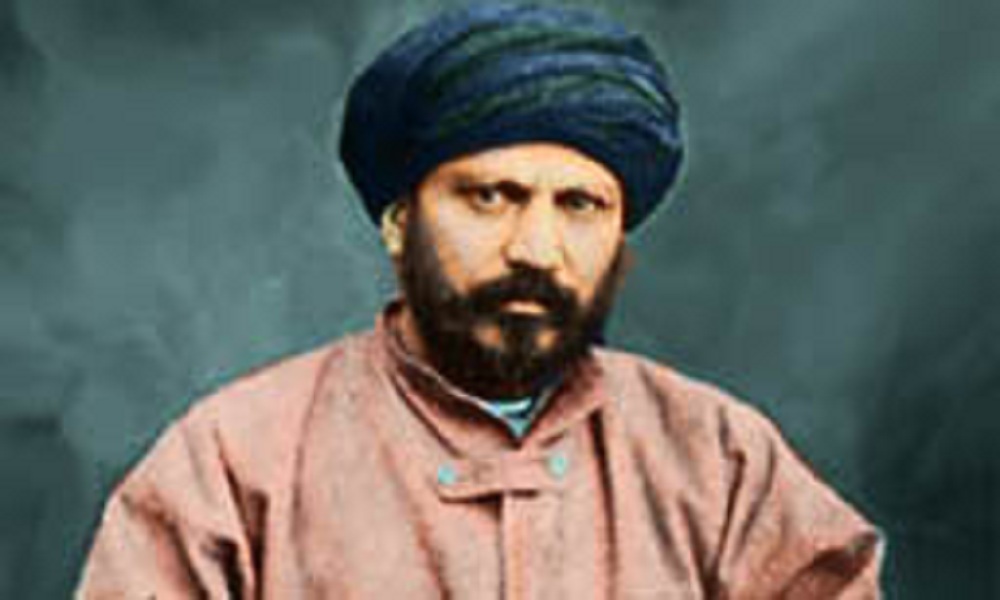This article is going to deal with the issue Islamic unity and awareness from Sayyed Jamaluddin's perspective shortly.

One of the most important issues which have been discussed by many Muslim scholars and thinkers, during the modern time, is the relation between politics and religion. Jamaluddin as one of the political activist in the Islamic world was of the view that "Islam and its revealed law were compatible with rationality and, thus, Muslims could become politically unified while still maintaining their faith based on a religious social morality. These beliefs had a profound effect on Muhammad Abduh, who went on to expand on the notion of using rationality in the human relations aspect of Islam (mu'amalat)." [1]
Muslim unity was the most important demand for which Sayyed traveled across the Islamic world encouraging Muslim kings and nations to become united; because, he was greatly disappointed by the failure of the Indian Mutiny. According to him when European imperialism, conquered India, and then they threaten the Islamic world especially the Middle East. Due to this fact Muslims should prevent the onslaught of Western powers by immediately adopting the modern technology like the West and that Islam, despite its traditionalism, was an effective creed for mobilizing the public against the imperialists. [2]
As it was mentioned the main purpose of Sayyed Jamaluddin was the resistance against the enemies of Islam and Muslim nations. But from his perspective Muslims cannot resist against their enemies unless they become united and leave aside their differences. One may ask that how Muslims could achieve unity while they follow different Islamic sects and branches such as Shia and Sunny.
Sayyed himself was thought to have not that much deep religious faith [3] rather he was interested in finding theologically common ground between Shia and Sunni (despite the fact that he was very interested in political unity between the two groups).[4] For example, when he moved to Istanbul he disguised his Shi'i background.[5]
Finally it must be mentioned that Sayyed Jamal did not have some proper solution to the Muslims' problems in the modern world for example he did not present a solution how to solve the differences between Islamic sects in order to achieve unity. He himself did not try to establish an Islamic political system in one of the Islamic countries as Imam Khomeini did in Iran and it was a great achievement for Muslims in the modern era.
Notes:
[1] Albert Hourani, Arabic Thought in the Liberal Age (Cambridge: Cambride UP, 1983), pp. 104–125
[2] Ervand Abrahamian, Iran Between Two Revolutions (Princeton: Princeton University Press, 1982), pp. 62–3
[3] Kedourie, Elie Afghani and Abduh: An Essay on Religious Unbelief and Political activism in Modern Islam (1966, New York, Humanities Press)
[4] Nasr, The Shia Revival, p.103
[5] Ervand Abrahamian, Iran Between Two Revolutions, Princeton University Press, p. 65.



